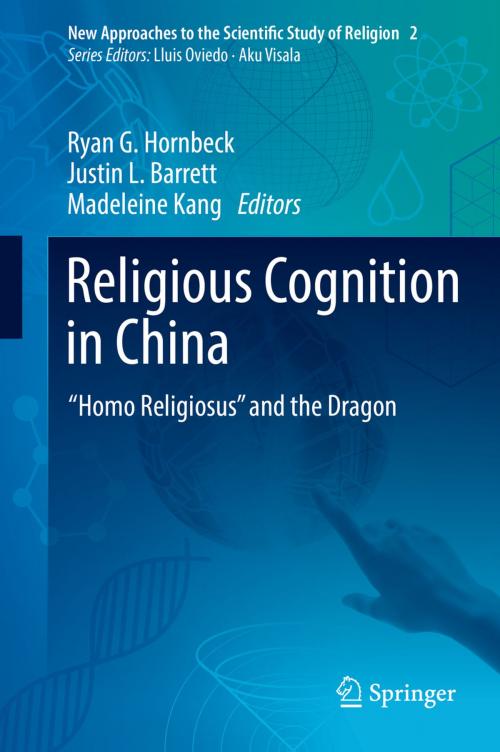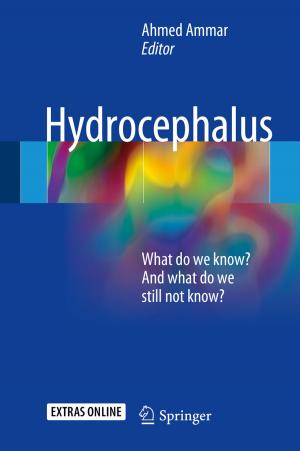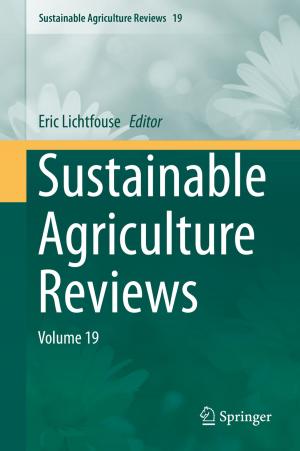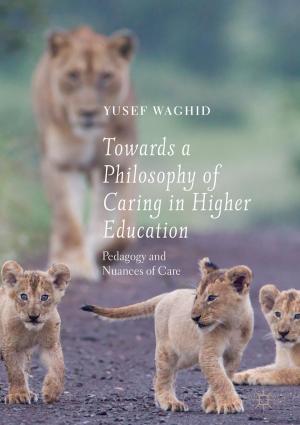Religious Cognition in China
“Homo Religiosus” and the Dragon
Nonfiction, Social & Cultural Studies, Social Science, Sociology, Marriage & Family, Health & Well Being, Psychology, Cognitive Psychology, Religion & Spirituality| Author: | ISBN: | 9783319629544 | |
| Publisher: | Springer International Publishing | Publication: | September 27, 2017 |
| Imprint: | Springer | Language: | English |
| Author: | |
| ISBN: | 9783319629544 |
| Publisher: | Springer International Publishing |
| Publication: | September 27, 2017 |
| Imprint: | Springer |
| Language: | English |
Are human tendencies toward religious and spiritual thoughts, feelings, and actions outcomes of “natural” cognition? This volume revisits the “naturalness theory of religious cognition” through discussion of new qualitative and quantitative studies examining the psychological foundations of religious and spiritual expression in historical and contemporary China. Naturalness theory has been challenged on the grounds that little of its supporting developmental and experimental research has drawn on participants from predominantly secular cultural environments. Given China’s official secularity, its large proportion of atheists, and its alleged long history of dominant, nonreligious philosophies, can any broad claim for religion’s psychological “naturalness” be plausible?
Addressing this empirical gap, the studies discussed in this volume support core naturalness theory predictions for human reasoning about supernatural agency, intelligent design, the efficacy of rituals, and vitalistic causality. And yet each study elucidates, expands upon, or even challenges outright the logical assumptions of the naturalness theory. Written for a non-specialist audience, this volume introduces the naturalness theory and frames the significance of these new findings for students and scholars of cultural psychology, the psychology of religion, the anthropology of religion, and Chinese Studies.
Are human tendencies toward religious and spiritual thoughts, feelings, and actions outcomes of “natural” cognition? This volume revisits the “naturalness theory of religious cognition” through discussion of new qualitative and quantitative studies examining the psychological foundations of religious and spiritual expression in historical and contemporary China. Naturalness theory has been challenged on the grounds that little of its supporting developmental and experimental research has drawn on participants from predominantly secular cultural environments. Given China’s official secularity, its large proportion of atheists, and its alleged long history of dominant, nonreligious philosophies, can any broad claim for religion’s psychological “naturalness” be plausible?
Addressing this empirical gap, the studies discussed in this volume support core naturalness theory predictions for human reasoning about supernatural agency, intelligent design, the efficacy of rituals, and vitalistic causality. And yet each study elucidates, expands upon, or even challenges outright the logical assumptions of the naturalness theory. Written for a non-specialist audience, this volume introduces the naturalness theory and frames the significance of these new findings for students and scholars of cultural psychology, the psychology of religion, the anthropology of religion, and Chinese Studies.















